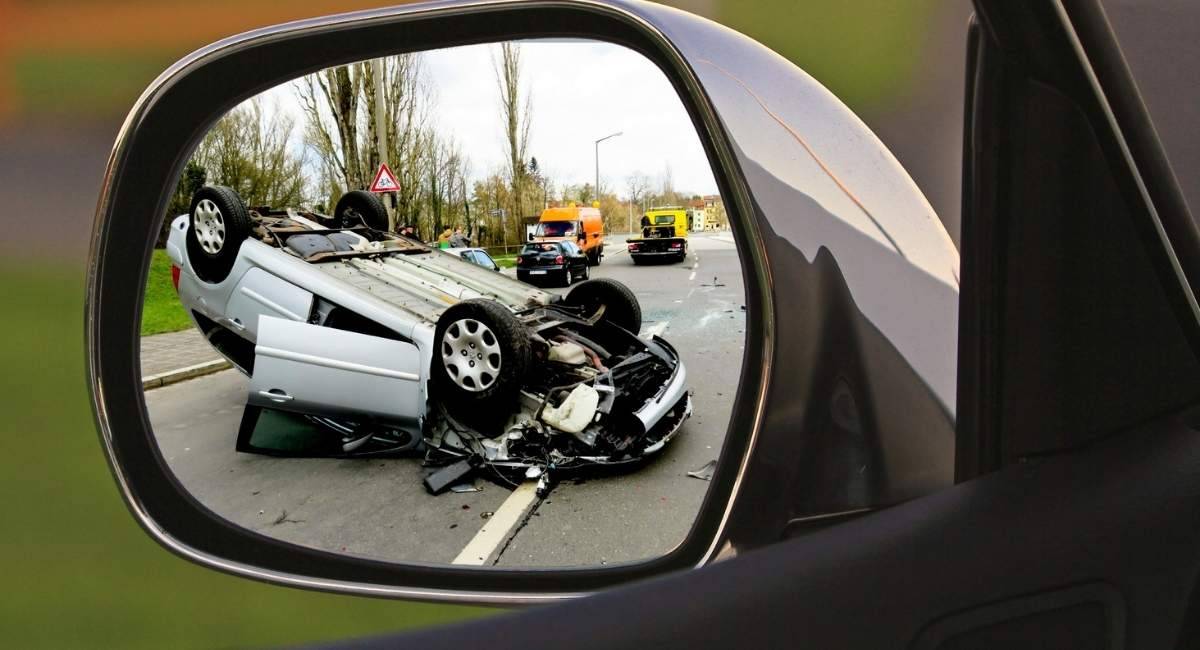In the state of Texas, drivers are required to stop their vehicles if they have been involved in an auto accident or collision. If an individual is, they must remain at the scene of the accident and provide basic information, including their name, address, and details about their auto insurance policy.
Being convicted of leaving the scene of an accident will have unavoidable consequences on your future. Individuals convicted of this crime risk experiencing misdemeanor or felony convictions in addition to paying expensive court-mandated fines, serving jail time, and potentially having their driver’s license suspended. For these reasons and more, it is imperative you find a criminal defense attorney if you have been accused of a hit and run.

Leaving the Scene of an Accident Defense Lawyer in Plano, Allen, Frisco, and McKinney, TX
Have you been accused of leaving the scene of an accident in Collin County? If you have been charged with this crime, your first priority should be acquiring legal representation. From the moment your charges are filed, prosecutors and investigators will be collecting evidence in an attempt to convict you of this crime and make an example out of your case.
Don’t let this happen to you. If you have been accused of or charged with this crime, the Law Offices of Richard C. McConathy can help you get through your trying time. Serving Collin, Denton, Lewisville, Tarrant, Parker, and many other communities within Texas, Richard McConathy and his team of legal experts are here for you. Our law firm has a proven track record of providing clients with successful defenses, and we are confident in our ability to represent you in a court of law. For more information on how we can help you through your situation, contact us today at (469) 304-3422 to speak to a legal expert.
Definition of Leaving the Scene of an Accident
According to Texas Transportation Code Section 550.021, a driver involved in an accident that results or is reasonably likely to result in personal injury or death is required to do the following:
- Immediately stop their vehicle at the scene of the accident or as close to the scene of the accident as possible
- Immediately return to the scene of the accident if they did not initially stop after the accident took place
- Determine whether any of the other parties involved in the accident require aid
- Remain at the scene of the accident
Individuals involved in an auto accident must also complete these tasks without obstructing traffic any more than is necessary.
The Texas Transportation Code also contains a section about what individuals must do if they are involved in an accident involving property damage. If a driver has been involved in a collision that has damaged property, they are required to remain at the scene of the accident (or as close as possible without obstructing unnecessary traffic) and provide law enforcement officers with the requested information, such as name, address, auto insurance policy details, and driver’s license number.
Penalties for Leaving the Scene of an Accident
According to the Texas Transportation Code § 550.021(c)(2), leaving the scene of an accident can result in misdemeanor charges, but in more severe instances, it can result in a felony conviction. For starters, a leaving the scene of an accident charge classified as a class C misdemeanor can be punished with a fine of up to $500, whereas a class B misdemeanor charge can result in a fine of up to $2,000 in addition to a maximum jail sentence of 180 days.
The penalties of leaving the scene of an accident will greatly increase if the court decides that these charges should be classified as a felony. If an individual is charged and convicted of a third-degree felony leaving the scene of an accident, they will be subject to a maximum prison sentence of 10 days, in addition to a fine that may be as expensive as $10,000. If convicted of a 2nd-degree felony leaving the scene of an accident, convicts will have to brace themselves for a potential 20-year prison sentence in addition to a fine of up to $10,000.
Resources for Leaving the Scene of an Accident
Texas Motor Vehicle Crash Statistics – This link takes you to the official website of the Texas Department of Transportation, where you can learn more about the statistics surrounding automobile accidents in Texas. This website details Texas car crash statistics in 2018.
Texas Department of Public Safety – This link takes you to the official website of the Texas DPS. Here, you can access the resources Texas drivers need on a regular basis. You can find out more about regulatory services such as ignition interlock and handgun licensing, as well as services related to driver’s license ownership, such as address change, renewal, driving record requests.
Find A Collin County Attorney for Leaving the Scene of an Accident | Law Offices of Richard C. McConathy
Leaving the scene of an accident is a charge that can haunt you for years to come. It is much more than a simple traffic violation. It can add points to your Texas driver’s license and permanently stain your criminal record. Because of this, it is important to take the necessary steps to ensure you have the right legal representation before taking on your case.
Serving Dallas, Plano, McKinney, Frisco, Richardson, Allen, and countless other communities in the state of Texas, The Law Offices of Richard C. McConathy can provide you with the legal counsel you will need to defend yourself and dispute your charges. For years, McConathy and his legal team have proudly represented Texans while leading them to numerous charge reductions and dismissals. If you are someone who is trying to avoid jail time, a suspended driver’s license, and the many other collateral consequences of a criminal conviction, contact our Collin County office at (469) 304-3422 for a free consultation.


